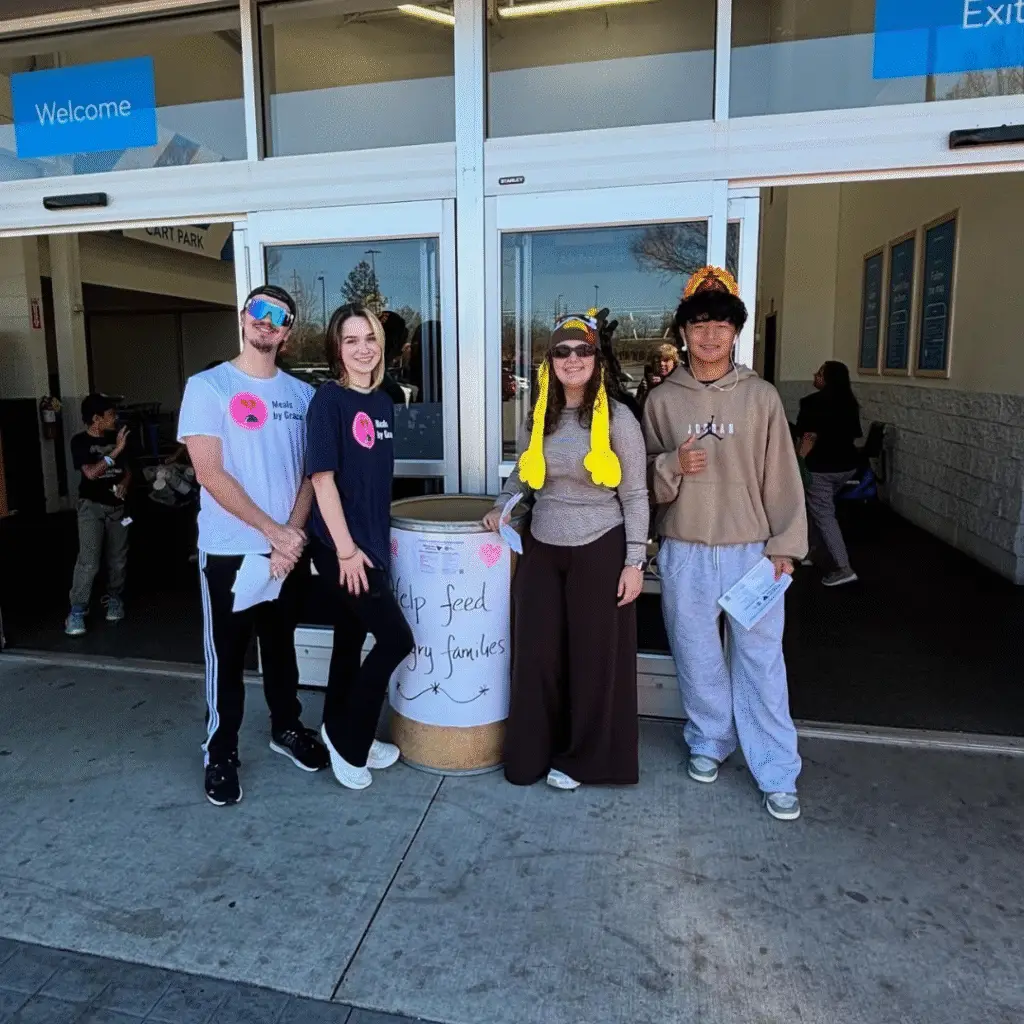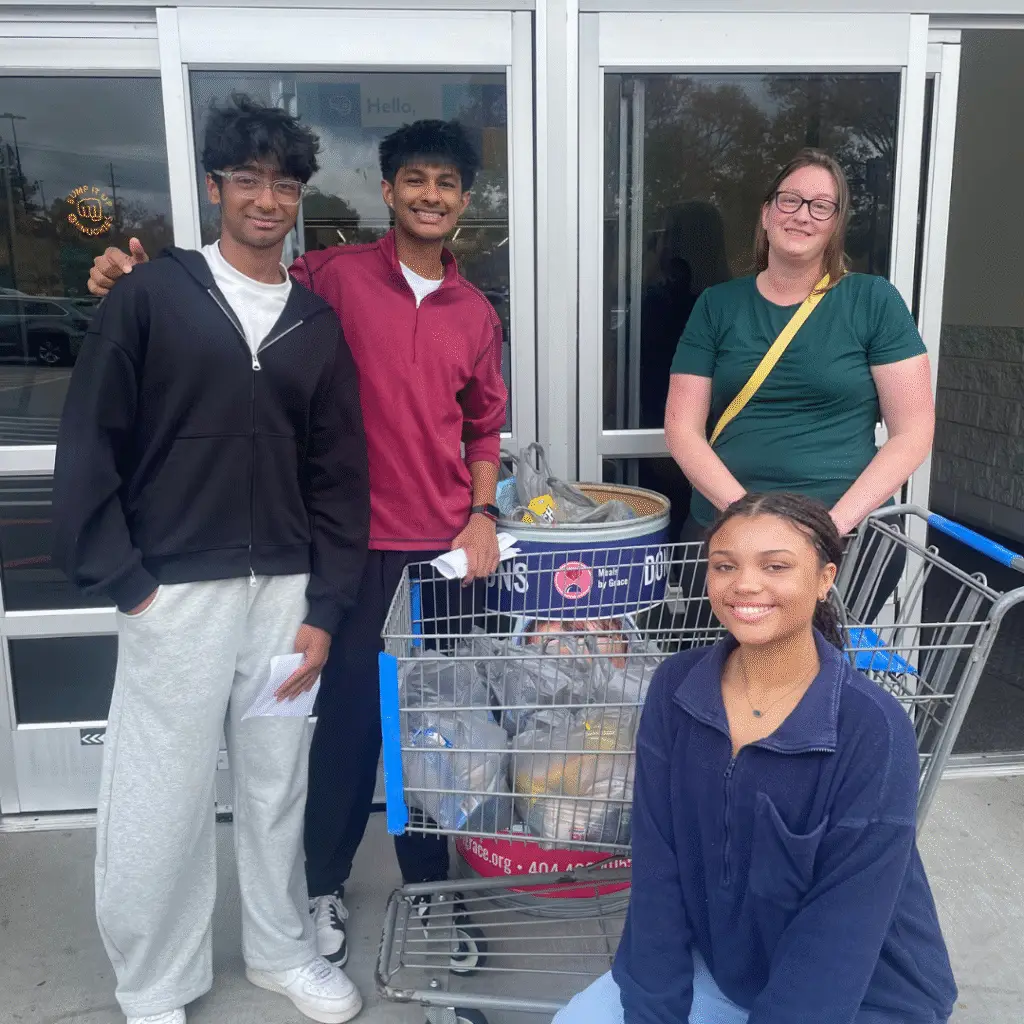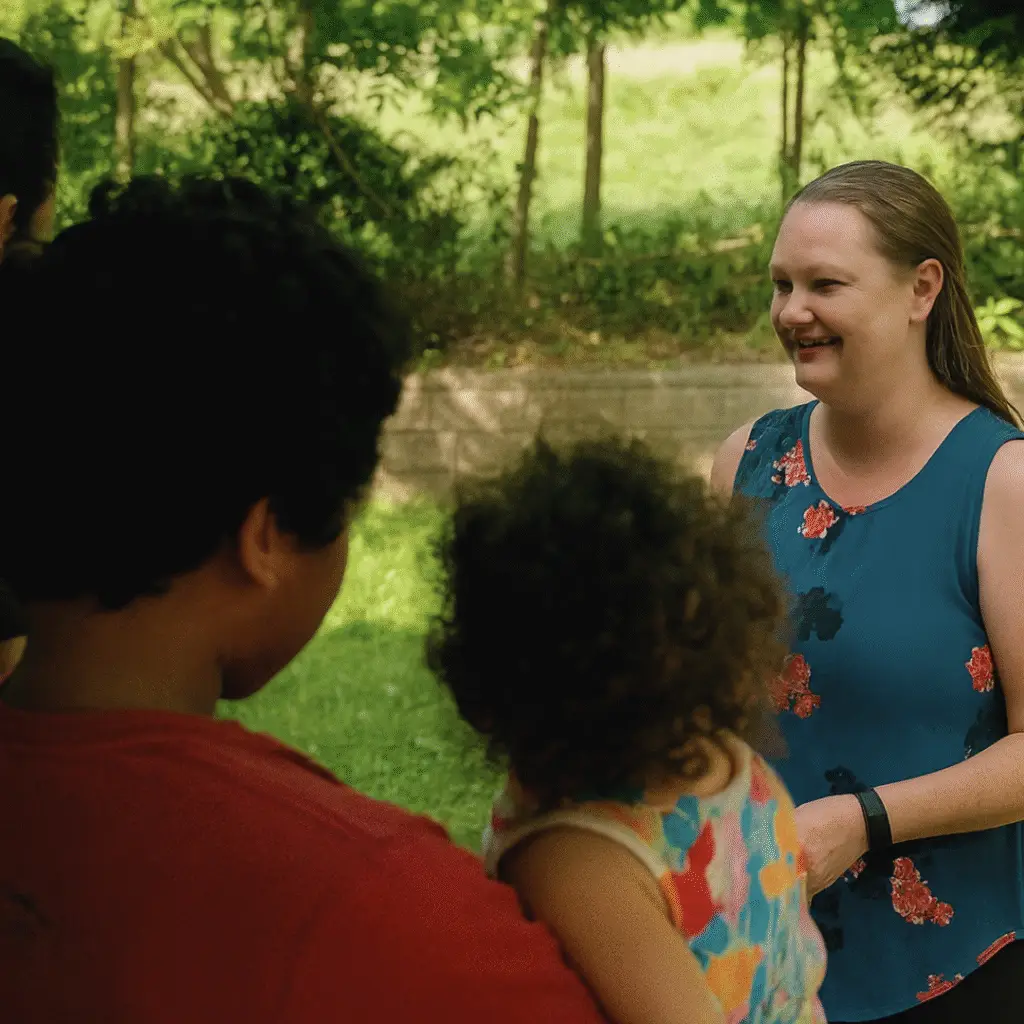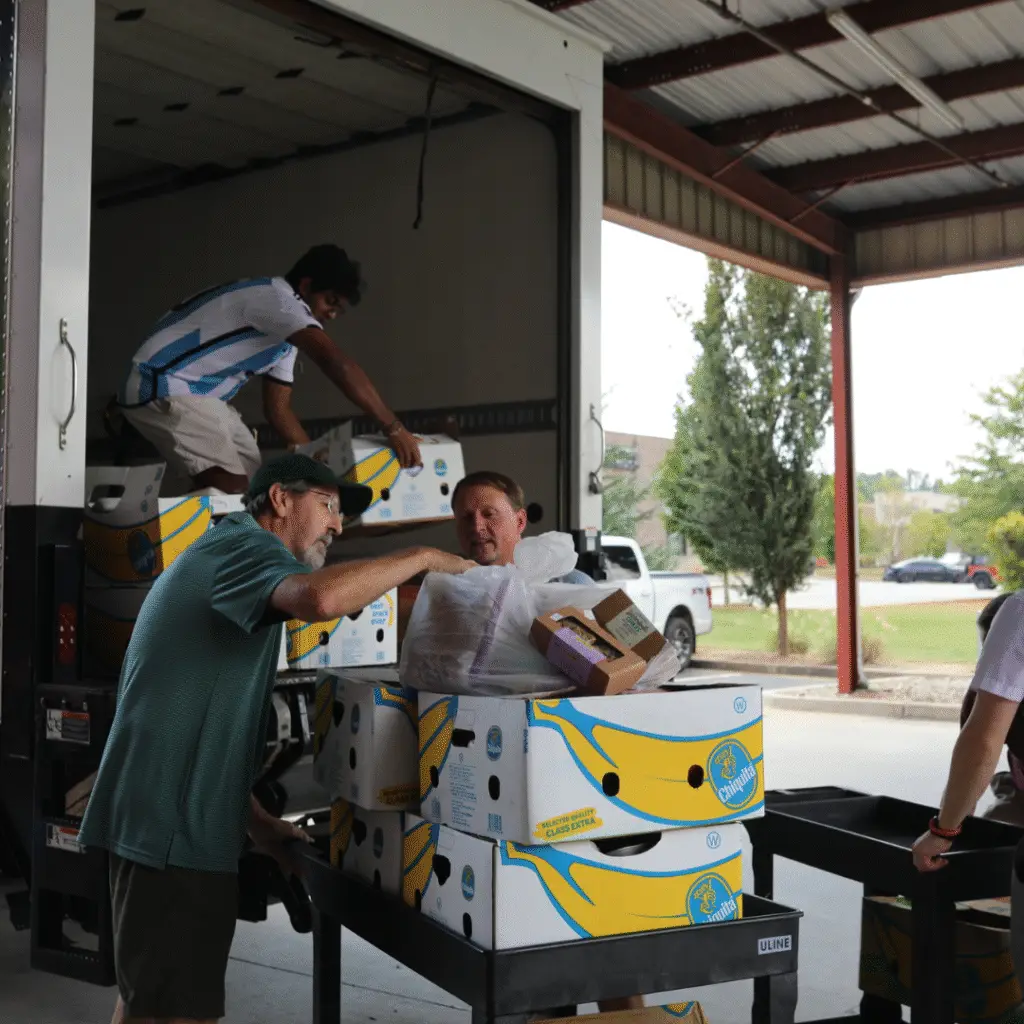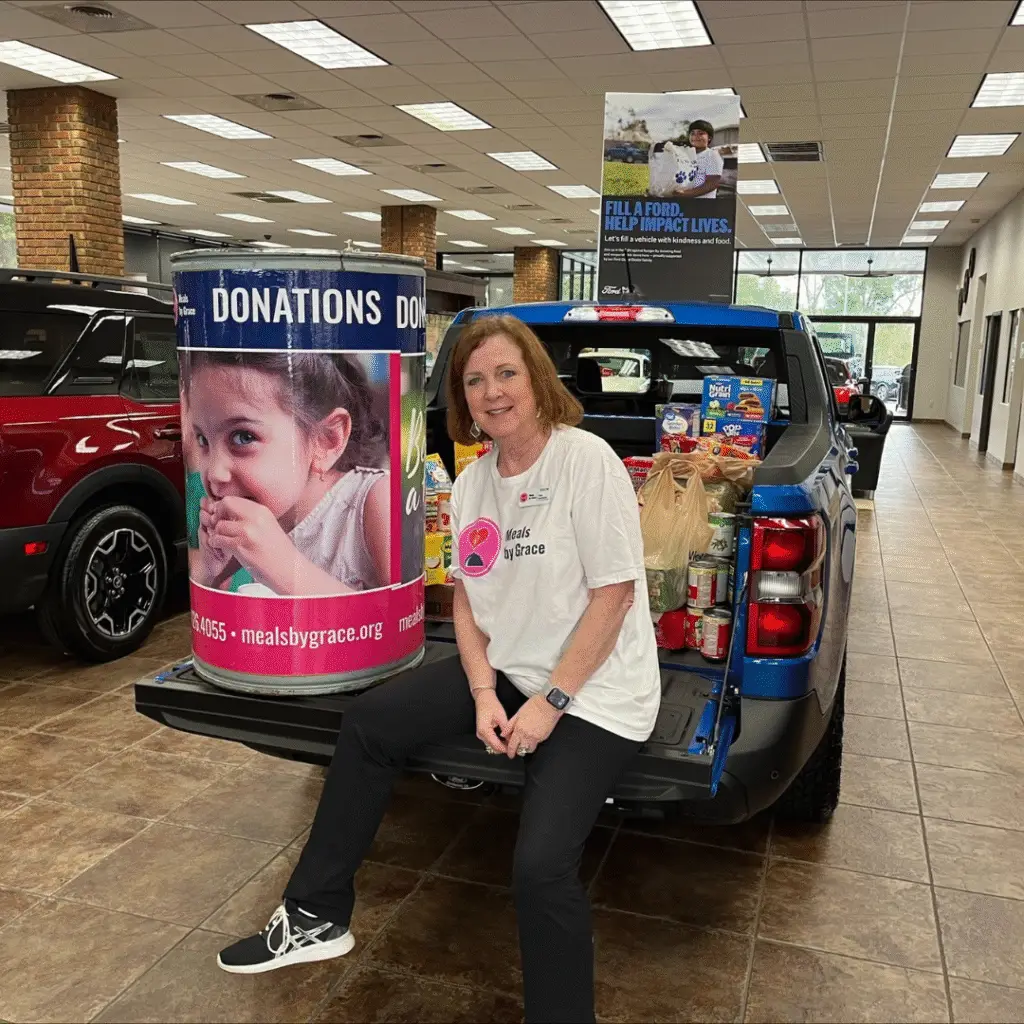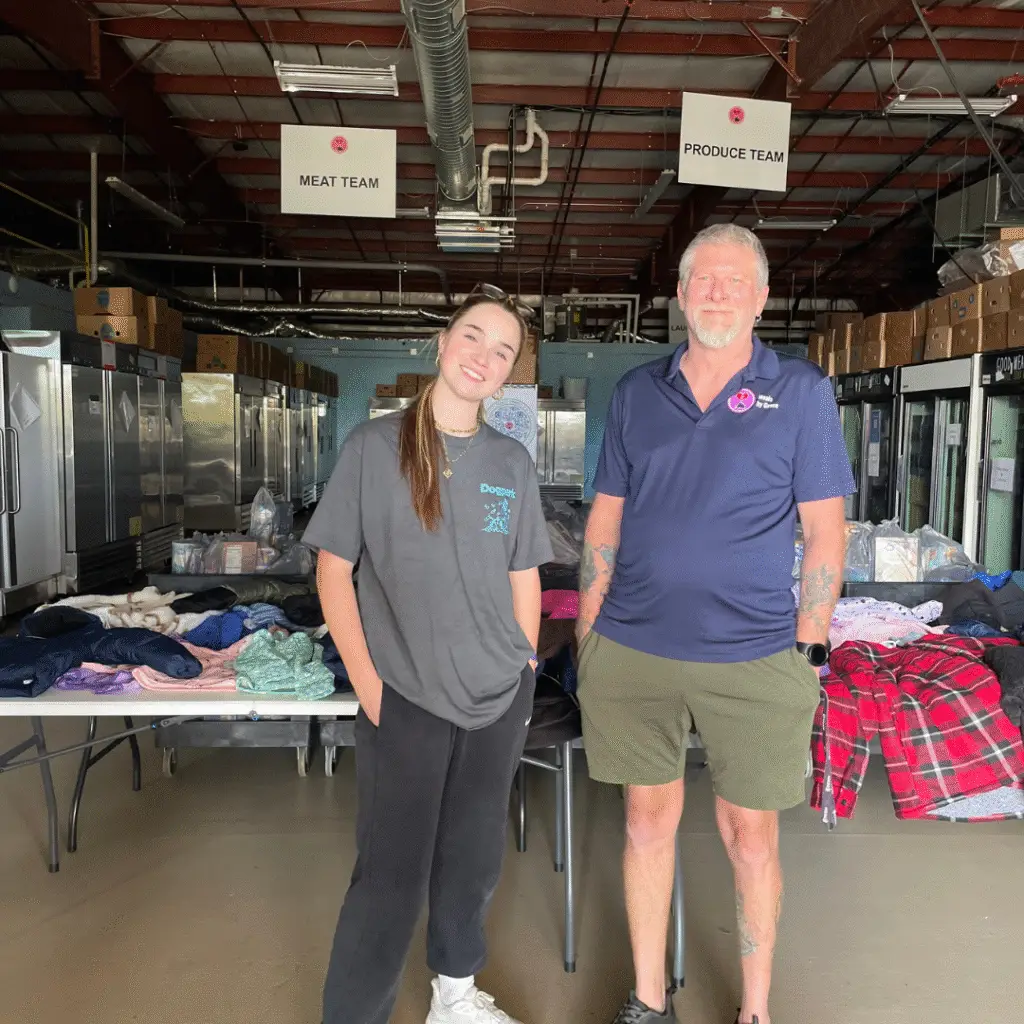When school lets out for summer, many children lose access to routines, therapies, and learning environments that help them thrive. But for children with special needs, the consequences can be far more severe. Summer regression is a real and often unseen struggle—one that can unravel months of progress in a matter of weeks.
To better understand how this affects families and what can be done, start here with our overview of why summer is the hardest season for struggling families.
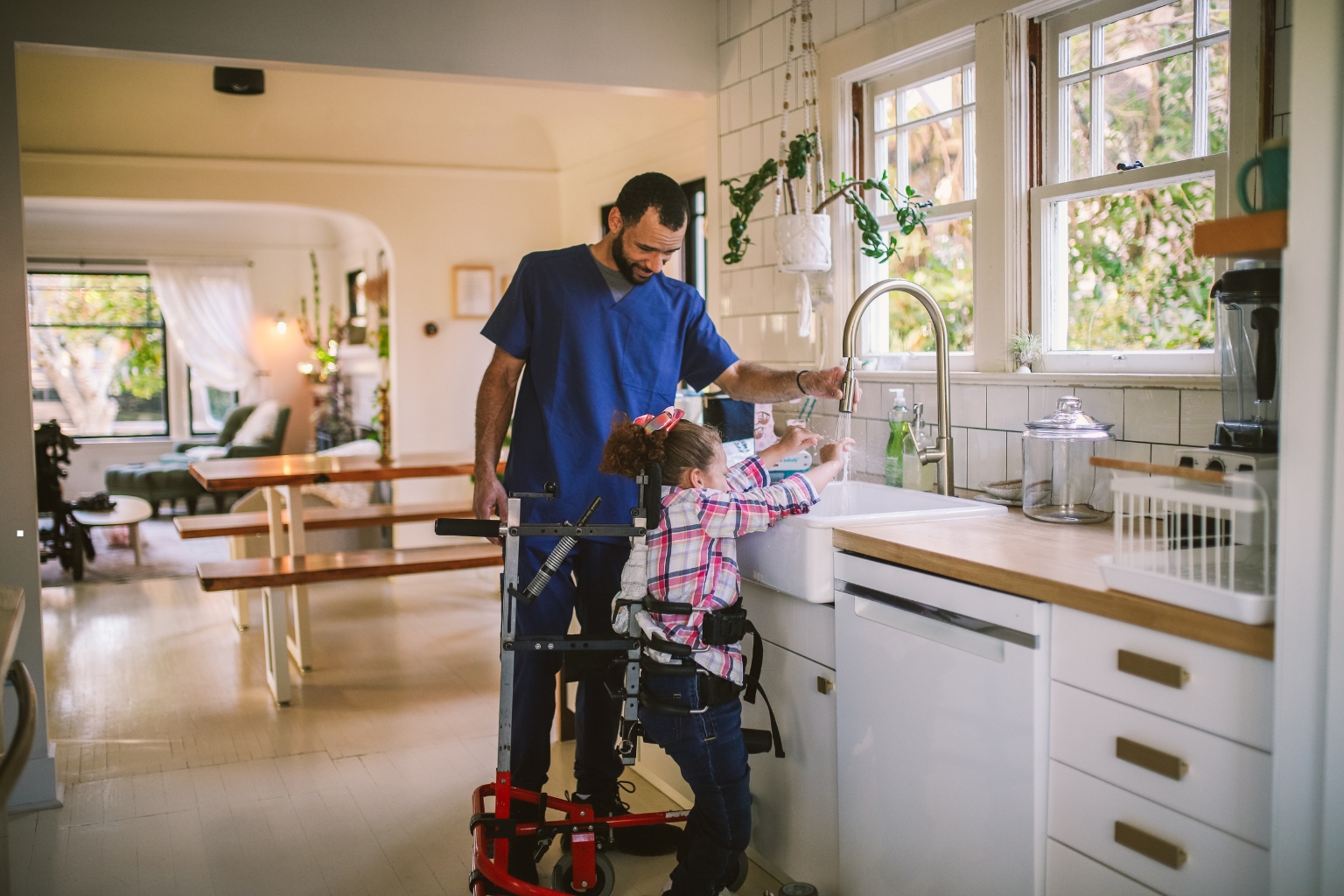
What Is Summer Regression?
Summer regression refers to the loss of skills or developmental progress that some children experience during extended breaks from structured learning. While it can affect any child, those with special needs are particularly vulnerable.
Without daily routines, regular therapy, and special education services, children with physical, behavioral, or developmental disabilities may regress in key areas:
- Communication skills: Children may lose vocabulary, sentence structure, or the confidence to express themselves, especially if speech therapy is paused over the summer.
- Motor development: Without regular occupational or physical therapy, fine and gross motor skills can diminish. Tasks like handwriting, buttoning a shirt, or walking with stability may become harder.
- Emotional regulation: Children who rely on structure to manage emotions can experience increased outbursts, anxiety, or withdrawal when that structure disappears.
- Social interaction: Isolation during the summer can make it harder for children to maintain or build social skills, leading to greater difficulty reintegrating in the fall.
- Academic progress: Students may forget key academic concepts or lose the momentum gained through individualized instruction, which can widen the achievement gap once school resumes.
For families already stretched thin, this adds another layer of stress to the summer season.
Why Special Needs Families Are Hit Hardest
During the school year, children with special needs often receive:
- Individualized education programs (IEPs)
- Speech, occupational, or physical therapy
- Behavioral interventions and emotional support
- Specialized transportation and classroom environments
When school closes, those services often pause unless families can afford private therapy—which many cannot. The result is a gap in care, routine, and stimulation that contributes to emotional and developmental setbacks.
Parents are left trying to:
- Reinforce therapy goals without training or tools
- Manage behavioral challenges without support
- Keep kids engaged and safe with limited options

How Ministries of Grace Supports Children with Special Needs in Summer
At Ministries of Grace, we believe that every child deserves to keep growing—even when school is out. While we don’t offer clinical therapies, we help families preserve progress by providing wholistic support that keeps kids engaged, nourished, and emotionally safe.
Our summer support includes:
| Area of Support | Impact on Special Needs Families |
|---|---|
| Food Security | Consistent nutrition helps stabilize energy and mood. |
| Care Coordination | Our social workers help families build home-based routines and connect with community services. |
| Parent Guidance | We offer coaching and encouragement to caregivers navigating complex behavioral needs. |
| Emotional Wellness | In-home visits provide children with consistency, attention, and care. |
These services don’t replace therapy—but they help create an environment where children can continue to grow rather than fall behind.
The Long-Term Cost of Doing Nothing
Summer regression can set a child back not just weeks, but years. Without consistent access to special education services and structured routines, a child’s academic readiness for fall may decline significantly. Skills that took months of instruction to build—like reading comprehension, math fluency, or task focus—can fade, placing the child further behind when school resumes.
Emotional outbursts, behavioral regressions, and increased anxiety are also common. Children who once showed signs of progress in self-regulation may revert to earlier patterns of frustration or withdrawal. This can be especially difficult for parents who are already stretched thin, resulting in heightened stress and feelings of helplessness.
At the same time, caregivers often experience intense burnout. Trying to maintain progress without professional support, while managing work, household duties, and other children, can feel overwhelming. The toll isn’t limited to just the child—it affects the entire household, straining relationships, routines, and mental health.
Failing to address summer regression doesn’t just delay progress—it erodes it. The effects ripple outward, compounding challenges and making recovery harder once the school year begins.

Help a Child Keep Moving Forward This Summer
When you donate to Ministries of Grace, you help a child with special needs stay connected to the support systems they rely on. Your gift allows our team to:
- Visit homes weekly to check in, encourage, and support families
- Help parents feel less alone and more equipped
- Create small but meaningful moments of consistency for kids who need it most
Donate now to support families facing the challenge of summer regression.
Your generosity helps children hold on to the progress they’ve worked so hard to make—and builds a path forward when school returns.
Most Needed Summer Items for Families
While Ministries of Grace provides as much support as possible during the summer months, our ability to help depends on the generosity of people like you. Right now, the most in-demand summer items include:
- Shelf-stable milk – always a top priority
- Gift cards – especially for:
- Shoe stores
- Clothing stores
- Gas stations
- School supplies – especially backpacks
You can help in two powerful ways:
- Donate these items directly to Ministries of Grace, and we’ll get them to the families who need them most.
- Give online if you don’t have time to shop — your financial gift helps us buy what’s needed right away.
Donate Now and make a real difference this summer.

